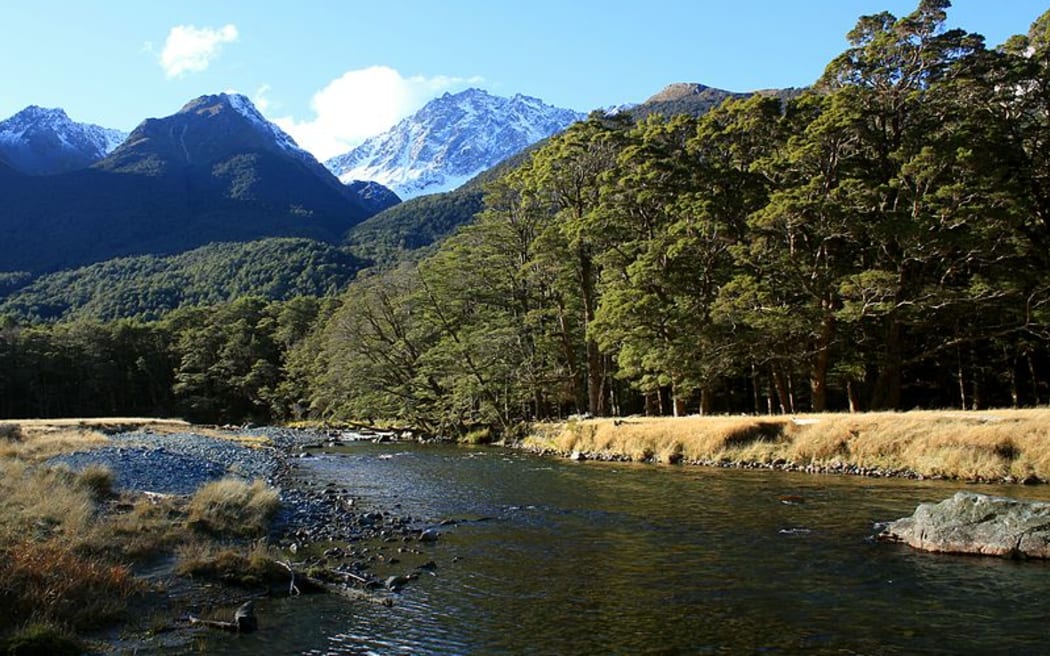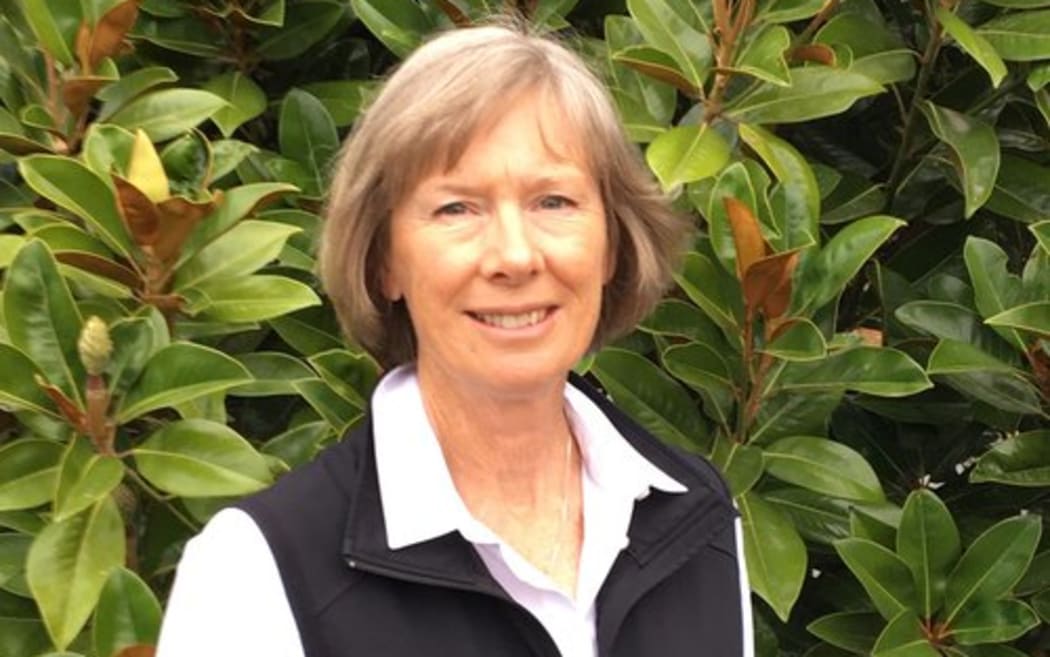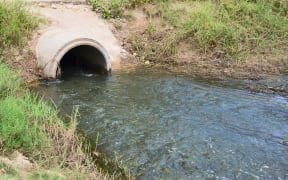
Hundreds of research projects around managing land use and water quality were carried out over the past decade under the Our Land and Water National Science Challenge programme. Photo:
The gains made in agricultural science over the past decade could slow as the government funding tap runs dry, the director of a programme using science to fix real-world issues in Aotearoa's natural environment says.
The Our Land and Water National Science Challenge was launched a decade ago by the then-National government to produce definitive science on how to best manage land and water in New Zealand.
Hundreds of research projects around managing land use and water quality were carried out over the past decade, to enhance the production and productivity of the primary sector.
Interactive maps and tools were developed, many with farmers in mind, and numerous studies too - including the freshwater contamination research which exposed almost every region in New Zealand had at least one contaminant in excess of freshwater targets.
Despite these gains in agricultural science, the new government has decided not to progress the programme.
The decision comes amid shaky times for the broader tertiary education and science sectors, with staff at Crown research institute Callaghan Innovation asking the government to retain staff, amid restructure proposals.
The programme's director, Dr Jenny Webster-Brown said she was extremely concerned about the future for scientific research in New Zealand.
"The long term vision for science in New Zealand is currently looking very shaky, indeed," said Webster-Brown.
"Obviously we will lose some of our senior researchers if they can't attract funding, they will go overseas.
"And I am very worried by the fact that the universities are also struggling financially at the moment, which means we're not only losing our senior researchers potentially, but we're cutting off the pipeline of good science graduates coming through."

Head of the Our Land and Water National Science Challenge Dr Jenny Webster-Brown says she is extremely concerned about the future for scientific research in New Zealand. Photo: Supplied/Our Land and Water national science challenge
She said the government's pivot towards aeroscience or biotechnology was fine, but it did not recognise the importance of primary production research and technology.
"Nowhere does things that are of direct benefit to New Zealanders and their environment feature, and there's no real support for our primary production economy coming through," she said.
"I do worry that our government is rushing to make decisions before they've really got the evidence to back them up.
"I understand the need to make things happen quickly, but you know, making things happen quickly when you're moving in the wrong direction is not of benefit to the country, I don't believe."
Webster-Brown said the last day for most of its teams was 28 June, with some staff kept on to produce the final report for the Ministry for Business, Innovation and Employment due in August.
Meanwhile, the government announced last week it would launch two new advisory groups to look at ways to improve the sector's effectiveness and impact - one for the science sector and the other for the university sector.
An MBIE spokesperson said it was working with each national science challenge to manage the wind-down and to ensure their work had enduring impact.
It said that included adding resources to publicly-available databases and tailoring reports for the end-users.
It said where outstanding research was required, research projects could bid for contestable Marsden or Endeavour funds or other health research funds.






